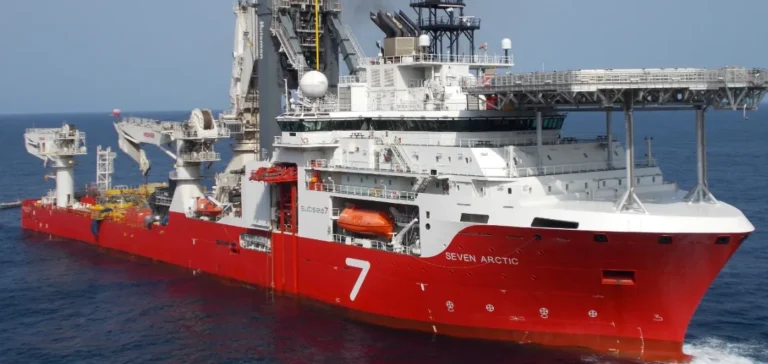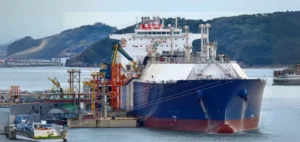Subsea 7 S.A. announced it has secured a significant contract awarded by Equinor for the Fram Sør project, located offshore Norway. The scope includes engineering, procurement, construction and installation (EPCI) of subsea structures and pipelines for production, gas lift and water injection. The contract covers approximately 53 kilometres of lines and includes the installation of the umbilical system.
A key step following front-end engineering
This contract follows the award, in January 2025, of a front-end engineering and design (FEED) contract by Equinor, which enabled the finalisation of the technical specifications for the project. Subsea7 was thereby able to participate early in optimising the gas field development.
Engineering and project management work will begin immediately from Subsea7’s offices in Norway and the United Kingdom. Offshore installation activities are scheduled across three successive campaigns in 2026, 2027 and 2028, in coordination with the region’s existing infrastructure.
Integration with existing Troll C systems
The Fram Sør development is located between 10 and 30 kilometres north of the Equinor-operated Troll C platform, itself 70 kilometres northwest of Bergen. The connection of the field to the existing Fram and Troll C infrastructure will allow direct integration into the current gas system.
Subsea7 stated that this collaboration continues its long-standing relationship with Equinor. Erik Femsteinevik, Vice President for Subsea7 Norway, noted that “the FEED study allowed for early involvement in the design, enabling technical solutions tailored to the final investment decision.”
A high-value contract
Subsea7 has classified this project within its “large” contract category, corresponding to a value estimated between USD300mn and USD500mn. The exact amount was not disclosed. The offshore project stands among the key gas developments planned in the North Sea over the next three years.






















